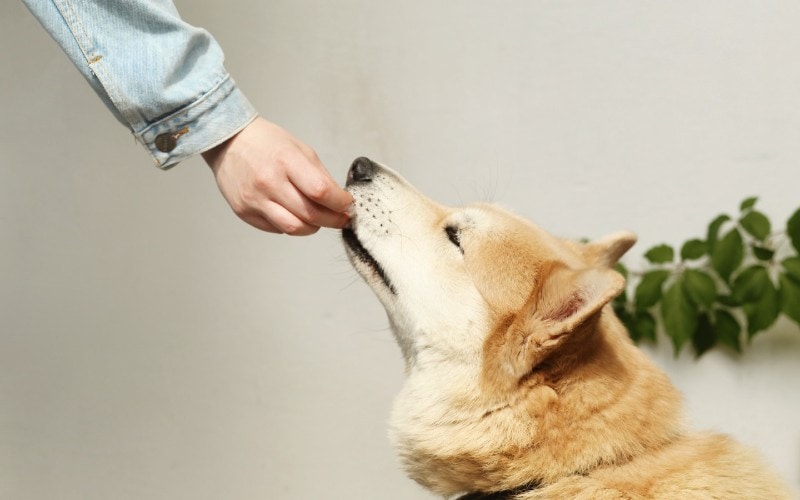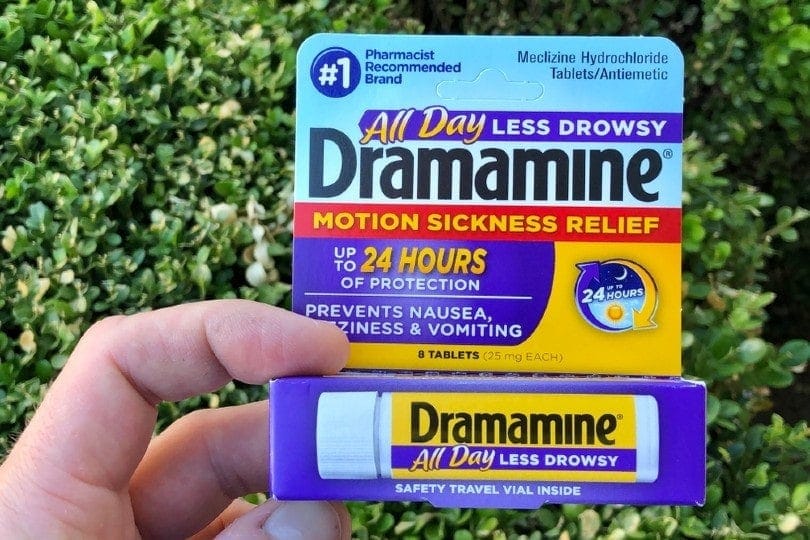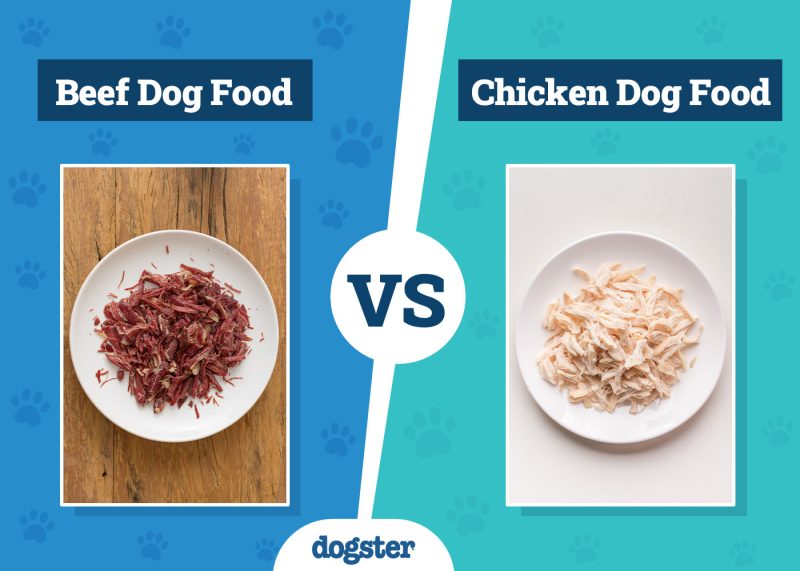In this article

What Is Dramamine?
Dramamine is the brand name of an antihistamine called dimenhydrinate, which can help with allergies and nausea. Dimenhydrinate can also be found in other drugs marketed under brand names, such as Gravol, Travtabs, Driminate, and Triptone. In addition, it is an over-the-counter (OTC) medication freely available to purchase for humans.
Dramamine is primarily used in veterinary medicine to treat motion sickness and the signs associated with canine vestibular diseases, such as nausea and vomiting. Other uses include helping to relax or induce sleep and reducing itchiness or bothersome signs related to allergies like hives.
Never attempt to medicate your dog without consulting your veterinarian first. Please remember that human medication is not correctly dosed for pets, and any of the medications sold under the brand Dramamine might contain ingredients that could be toxic to dogs.
Each tablet of Dramamine Original contains 50 milligrams (mg) of dimenhydrinate along with other non-active ingredients:
- Anhydrous Lactose: Used to help form the tablets
- Colloidal Silicon Dioxide: Acts as an anti-caking agent and an adsorbent
- Croscarmellose Sodium: Helps the tablets dissolve and the active ingredient to work
- Magnesium Stearate: Helps the drug absorb in the correct areas
- Microcrystalline cellulose: Helps form the tablets
How Much Dramamine Should Be Given?
Your vet will determine the Dramamine dosage based on your dog’s weight. Generally, dogs can have between one and two milligrams of Dramamine per pound of weight, given by mouth at least every 8 hours. This dose will differ for each dog.
Remember that the dose on the Dramamine tablet is intended for humans, and the amount for your dog will be very different. Contact your vet for clarification if you’re ever unsure of the dosage. One crucial difference is Dramamine Non-Drowsy, which contains a different active ingredient (Meclizine).
Meclizine is a similar antihistamine but requires different dosages and may have other effects. Always check which version your vet prescribes.
- Dramamine Long Lasting: Contains Meclizine in place of Dimenhydrinate
- Ginger Chews/Multi-Purpose/Non-Drowsy: Contain ginger extract in varying amounts
- All Day Less Drowsy/ Less Drowsy Chewable: Contains meclizine
- Dramamine For Kids: 25 mg of dimenhydrinate (as opposed to 50 mg)

How Is Dramamine Given?
Dramamine is usually given orally. It can be taken with or without food, but your vet may advise you to serve it without food if vomiting occurs when given with food. If you’re administering Dramamine for motion sickness, it’s best to administer it around 30–60 minutes before travel to give the drug time to take effect.
Dramamine usually takes effect within 1–2 hours. Always follow your veterinarian’s advice about the timing, as some dogs will require it at a specific time.
If you need to speak with a vet but can't get to one, head over to PangoVet. It's our online service where you can talk to a vet online and get the advice you need for your dog — all at an affordable price!

What Happens If You Disrupt the Dosage Schedule?
If you miss giving your dog a dose of Dramamine and it’s close to their next dose, wait until their next dose and skip the missed one. If you miss a dose and it’s not close to the next scheduled dose, you can give it when you remember. Afterward, follow the regular dosage schedule. Never give double doses of medication to your dog!

Potential Side Effects of Dramamine
You should be aware of the potential side effects of Dramamine, but some dogs will not display signs. Some side effects can be mild, and others are severe. Contact your vet for advice if you are concerned about any side effects.
- Sleepiness
- Dry mouth
- Trouble urinating
- Depression
- Diarrhea
- Vomiting
- Loss of appetite
- Seizures
- Coma
- Hyperventilation
- Respiratory depression and failure

Frequently Asked Questions (FAQs)
Why Does Dramamine Help With Nausea and Vomiting?
Dramamine is thought to act on histamine and muscarinic receptors in the brain, interrupting signals from an overstimulated vestibular system. The vestibular system controls an animal’s sense of balance and spatial orientation, meaning they can coordinate their movements. For example, hair-like cells in the inner ear (located in the cupula) get moved around by the vestibular system fluids, which move the structure. This movement is converted into electrical signals that are processed by the brain.
If the eyes send movement signals to the brain (as in seeing movement) and the inner ear doesn’t, this can cause motion sickness. Dramamine affects these signals to rectify this difference and reduce nausea, particularly in vestibular disease.

What Is Vestibular Disease in Dogs?
Vestibular disease is a problem with the vestibular system, classified as a sudden disturbance of balance. Vestibular disease is commonly seen in older dogs, which is why it’s called “Old Dog Vestibular Syndrome.” It often has a cause, but it is called idiopathic vestibular disease if there is no discernible cause.
- Sudden loss of balance and incoordination
- Disorientation
- Head tilting
- Regular, repeating eye movements
- Leaning, falling to one side, or circling in the direction of the head tilt
- Ear infections
- Toxic drugs
- Ear injuries
- Tumors
Is Dramamine Approved for Use in Dogs?
While vets commonly use Dramamine in the US, it isn’t FDA (Food and Drug Association) approved for use in dogs. That doesn’t mean it’s unsafe for them; it just means Dramamine is used “off-label.” The safety and efficacy of Dramamine in dogs are well documented.

Final Thoughts
Dramamine is commonly used to treat nausea, vomiting, and other clinical signs of motion sickness and vestibular disease in canines. It’s a brand name for a drug called dimenhydrinate, which is the active ingredient in Dramamine. Dramamine is a human drug and is not FDA-approved for use in dogs. However, veterinarians often use it to treat nausea, and it’s considered safe and effective.
Featured Image Credit: ZikG, Shutterstock




















